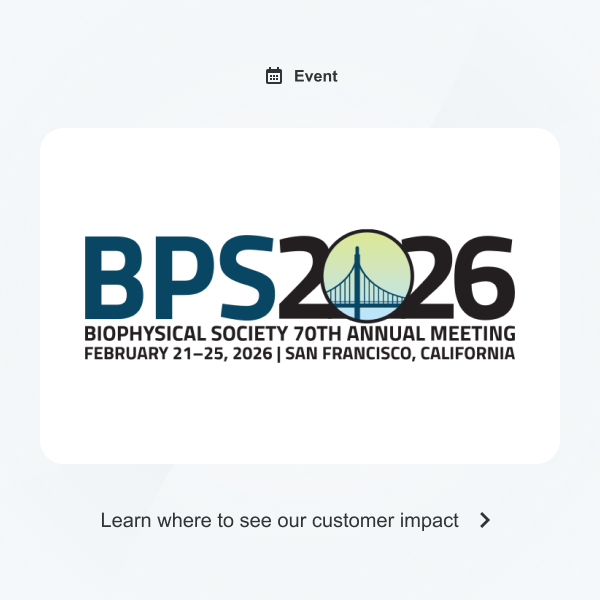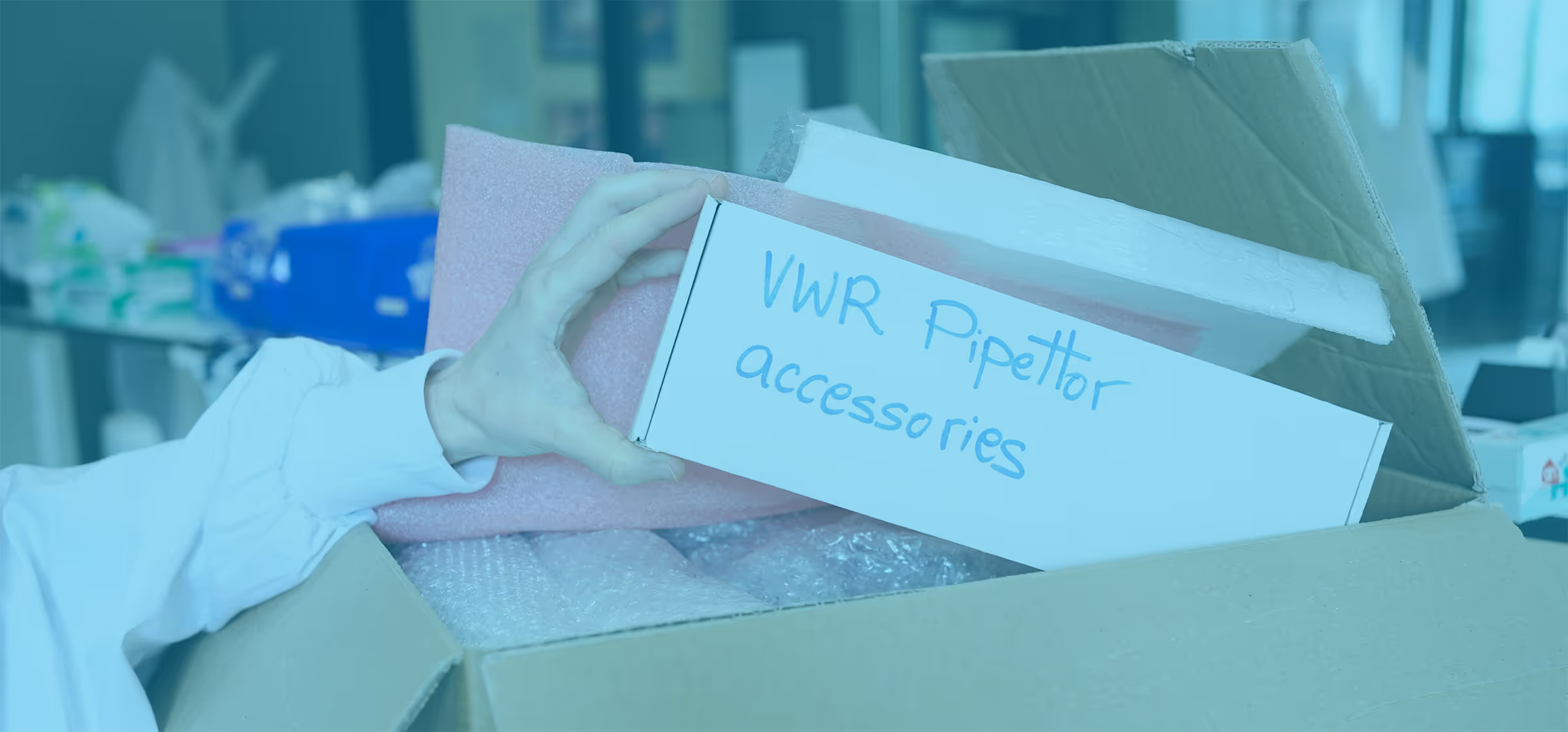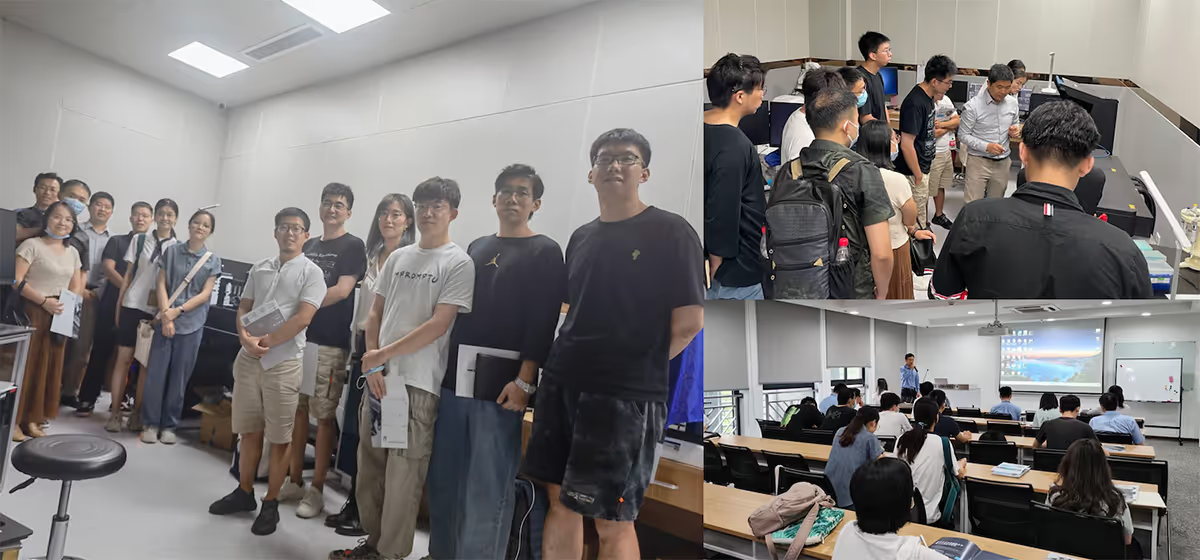Research Revealed the Importance of Testing for Strength of Adhesion to Uncover “Avidity Escape” in Solid Tumors and Reduce Failure Rates of CAR T Cell Therapies
Amsterdam, the Netherlands – May 02, 2022 – LUMICKS, a leading life science tools company developing instruments and consumables for dynamic single-molecule and cell avidity analysis, today announced the publication in Nature of a landmark study, led by researchers at Massachusetts General Hospital, Harvard Medical School and the Broad Institute of MIT and Harvard.
The study demonstrates the power of LUMICKS’ z-Movi® Cell Avidity Analyzer to measure cell avidity, a crucial biomarker for understanding immune cell function and for providing superior predictive information of therapeutic efficacy. The Nature paper (April 16, 2022), entitled “CAR T cell killing requires the IFNγR pathway in solid but not liquid tumors” was published by a pioneering team of chimeric antigen receptor (CAR) T cell researchers led by Dr. Marcela V. Maus, Associate Professor of Medicine at Harvard Medical School and Director of the Cellular Immunotherapy Program at Massachusetts General Hospital.
While CAR T cell therapies have shown great potential in combating blood-related cancers, the more prevalent solid tumors have been far less responsive to this therapeutic approach. This study exposes a groundbreaking discovery about the mechanism solid tumors use to evade CAR T cell therapies. Solid tumor cells avoid CAR T cell killing by down-regulating the adhesion strength or “cell avidity” between the effector and its target, which is an essential step in successfully clearing a solid tumor. Measuring cell avidity should now be an integral part of CAR T cell development programs, to help reduce failure rates of solid tumor clinical trials.
The LUMICKS z-Movi Cell Avidity Analyzer showed that loss of interferon-γ receptor (IFNγR) signaling decreased cell binding avidity between CAR T cells and their target solid tumor cells. The insufficient cell avidity was determined to be the mechanism underpinning poor in vivo therapeutic behavior of CAR T cells, identifying “avidity escape” as a new avoidance mechanism used by solid tumors.
“We are excited about the publication of this seminal paper in Nature that clearly demonstrates the technological and scientific power of measuring cell avidity with the z-Movi Cell Avidity Analyzer, opening the door to new innovations in cell therapy development,” said Andrea Candelli, Ph.D., Chief Scientific Officer of LUMICKS. “We are at a watershed moment in the CAR T cell field, and we are excited to empower therapeutic developers with novel insights for successfully harnessing the power of the immune system to treat diseases.”
The z-Movi Cell Avidity Analyzer measures cell avidity, or level of binding, between immune cells and their targets, enabling researchers to identify the most potent immunotherapeutic effector cells. This unique technology provides predictive, reproducible, and fast results at single-cell resolution. LUMICKS’ cell avidity solutions use acoustics to measure forces and interactions between cells, with the goal of such research enabling the shortening the drug development cycle of immunotherapies and reducing failure rates in clinical trials. First introduced in 2020, the z-Movi Cell Avidity Analyzer is being rapidly adopted by academic and biopharma laboratories around the world.
About the Study Findings
This study found that, as opposed to blood-based cancers, the loss of genes in the interferon-γ receptor (IFNγR) signaling pathway rendered glioblastoma and other solid tumors more resistant to killing by CAR T cells both in vitro and in vivo. Mechanistically, the loss of IFNγR1 in glioblastoma cells reduced overall CAR T duration of cell binding and cell avidity, as measured using LUMICKS z-Movi® Cell Avidity Analyzer. IFNγR signaling was found to regulate critical surface proteins responsible for sufficient adhesion of CAR T cells to mediate therapeutic response through productive cytotoxicity.
This work demonstrates that blood-based tumors and solid tumors differ in their interaction strength with CAR T cells. The study suggests that enhancing binding interactions between T cells and tumor cells may yield improved responses for next generation drugs, especially through new molecular designs that optimize cell avidity strength. This highlights the power of cell avidity measurements as a crucial biomarker for understanding immune cell function and mechanistic guide for successful CAR T engineering.
About LUMICKS
LUMICKS is a leading life science tools company that develops equipment for Dynamic Single-Molecule and Cell Avidity analysis, two rapidly emerging areas in biology research and immuno-oncology. LUMICKS’ tools allow researchers to build the crucial and as yet unfinished bridge between structure and function at both a molecular and a cellular level. This is achieved by applying and measuring forces around biological interactions, enabling the detailed real-time analysis of underlying biological mechanisms. LUMICKS’ C-Trap® Optical Tweezers – Fluorescence & Label-free Microscopy, allows scientists to analyze complex biological processes in real-time. Similarly, the z-Movi® Cell Avidity Analyzer enables the measurement and selection of immune cells based on their real-time interactions with target cells.





